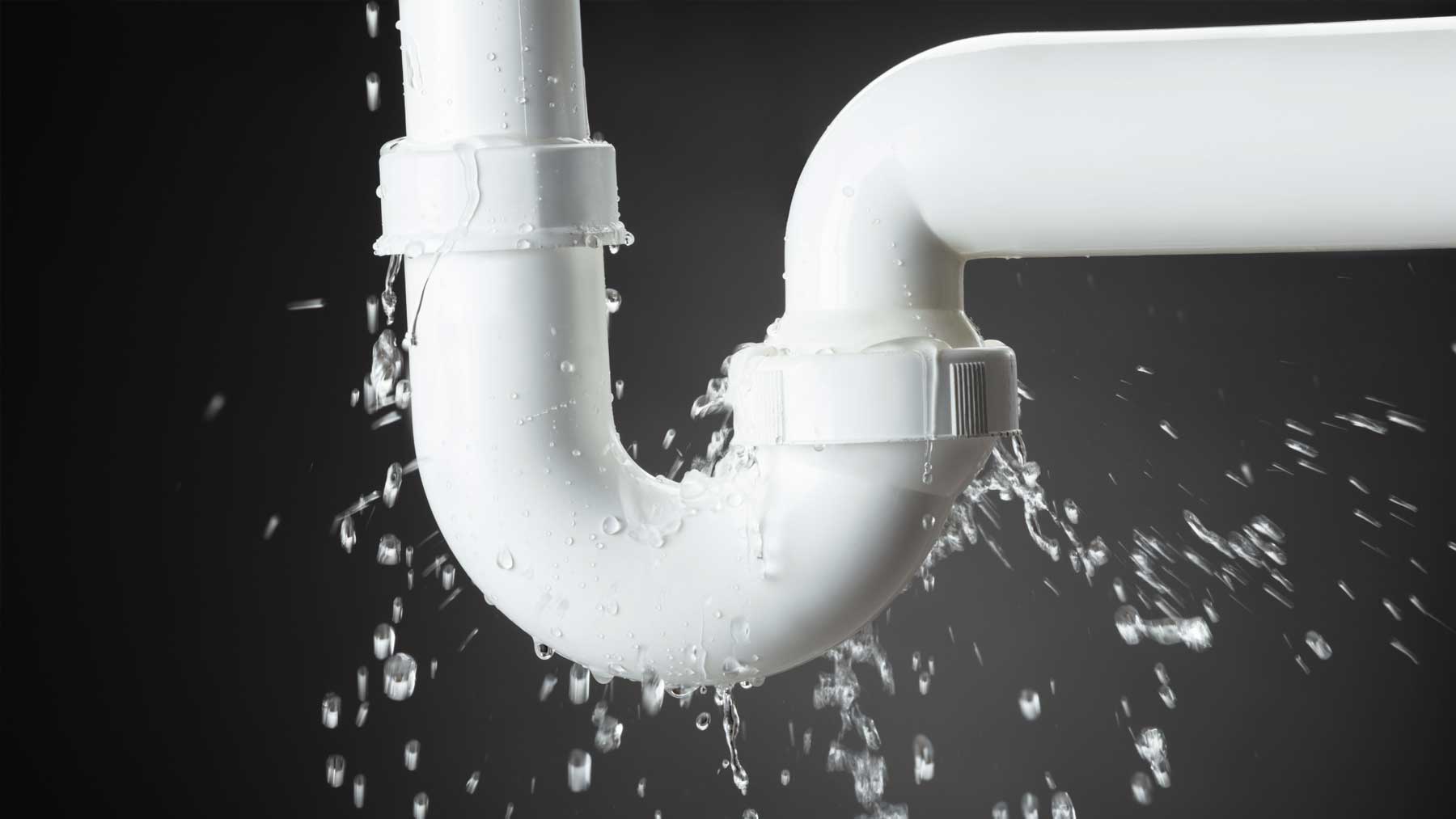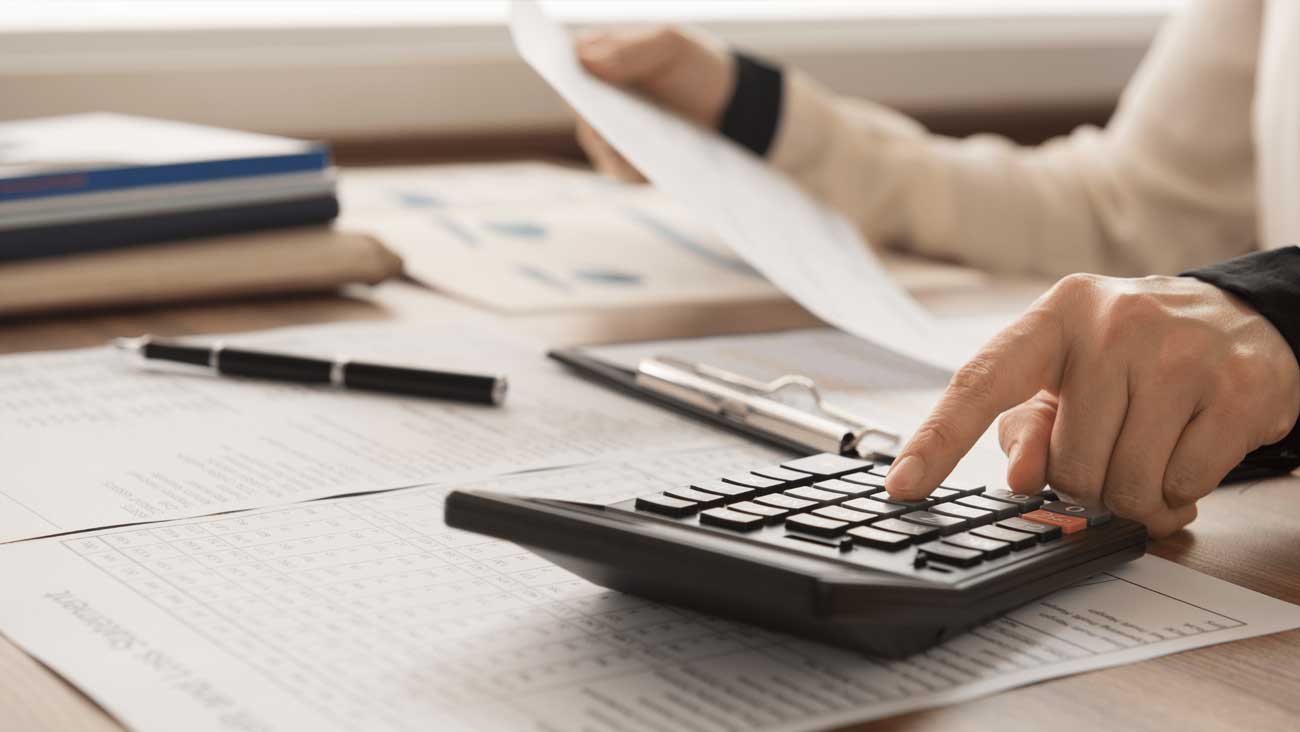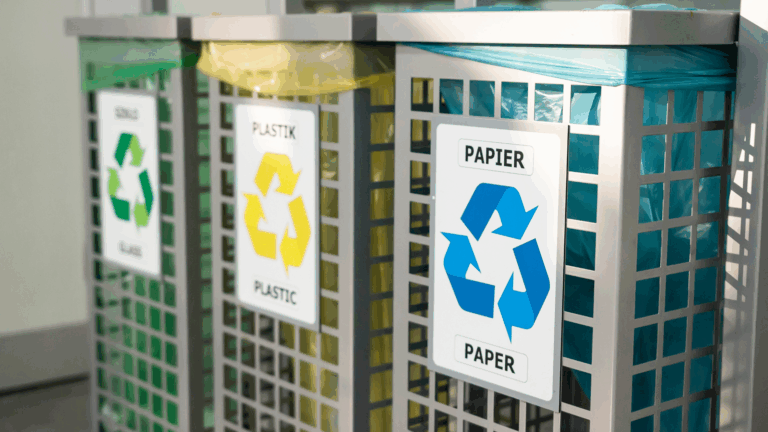
Water efficiency might not be the first thing you think of when managing a construction project, but it’s an area where businesses can save money and reduce their environmental impact. From planning to completion, every stage offers opportunities to use water more wisely. With rising costs and increasing pressure to adopt greener practices, the construction industry must step up.
Here’s how.
The current state of water use in construction
Construction sites are notorious for heavy water use. Between mixing materials, site cleaning, and dust suppression, it’s easy for water consumption to spiral out of control. Add in leaks and inefficient practices, and the problem grows. That’s where efficiency measures come in, helping not just the environment but your bottom line too.

Tip 1: Audit your water use
You can’t improve what you don’t measure. Conducting a water audit is the first step toward efficiency. Identify high-consumption areas on-site and figure out where waste occurs. This insight will then enable you to create an actionable water-saving plan.
Tip 2: Invest in smart technology
The innovation and progression of technology over recent years has seen great transformations in the way water is used in construction. For example, smart meters allow the monitoring of real-time data on how water is being used, giving businesses the ability to identify potential leaks and determine periods of over consumption. Businesses can now invest in water-efficient equipment too, such as low-flow hoses, which can drastically cut down usage without compromising effectiveness.
Tip 3: Embrace rainwater harvesting
Why rely solely on mains water when nature provides a free source? And being such a simple solution to implement, it’s a no brainer! Rainwater harvesting systems collect and store water for reuse on-site. This is perfect for non-potable needs like cleaning or dust suppression, and obviously it reduces strain on local water supplies.
Tip 4: Reuse and recycle water
Water recycling systems are becoming more and more popular in construction, largely because of the vast benefits to both the environment and businesses, in terms of reducing water consumption and providing cost savings. These systems enable businesses to recycle water by filtering it from one part of a project to be reused elsewhere. By keeping water in circulation, this approach is both cost-effective and eco-friendly.
Tip 5: Educate employees
Even the best systems won’t work without buy-in from your team. Employees need to understand the whys’ and how’s of conserving water in order to shift their opinion and subsequently change their behaviour. Training workers on water-saving practices ensures everyone understands the importance of efficiency. Simple steps, like turning off taps when not in use or reporting leaks immediately, can make a big difference.
Tip 6: Optimise site layout
The layout of your construction site can have a surprising impact on the way you use water. For example, positioning water sources strategically can reduce unnecessary transport and spillages. And minimising distances between water points and usage areas can cut waste, streamline workflows, and make water management more efficient overall. These changes are pretty simple to implement but can yield great results.
Why it matters
Not only are financial savings fast when correct efforts are made to conserve, but becoming more water efficient also improves your company’s reputation. Clients and stakeholders are becoming more and more eco-minded all the time, meaning they increasingly favour businesses that prioritise sustainability. Demonstrating eco-consciousness can help you stand out in a competitive industry – it’s a win-win!
By adopting smarter water practices, the construction industry can meet both its environmental and financial goals. It’s about working smarter, not harder – saving water, cutting costs, and leading the way toward a more sustainable future.

Contact Everflow today!
At Everflow, our goal is to make your utilities simpler. We ensure you get great-value contracts that are tailored to your needs and easy to manage.


